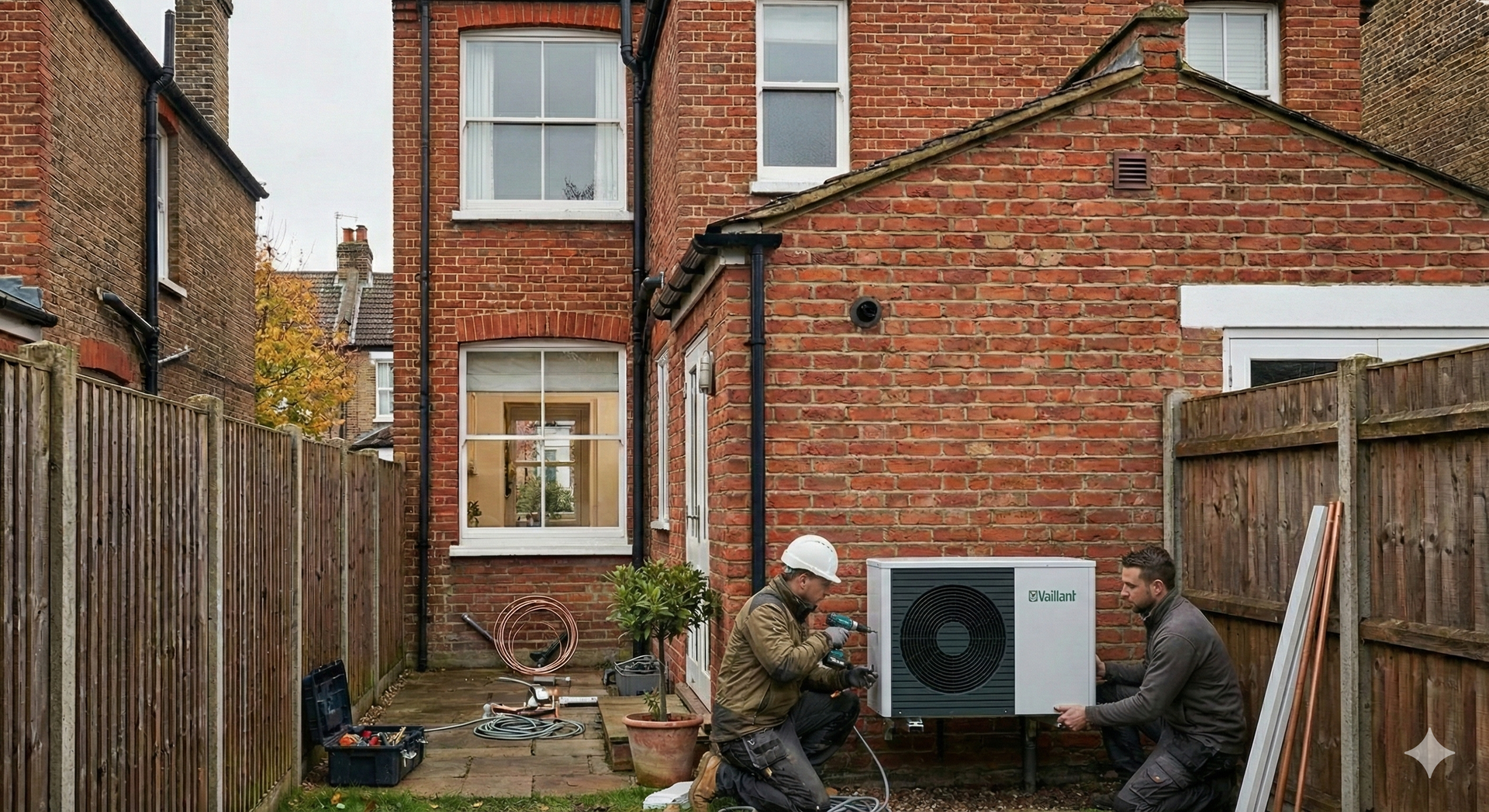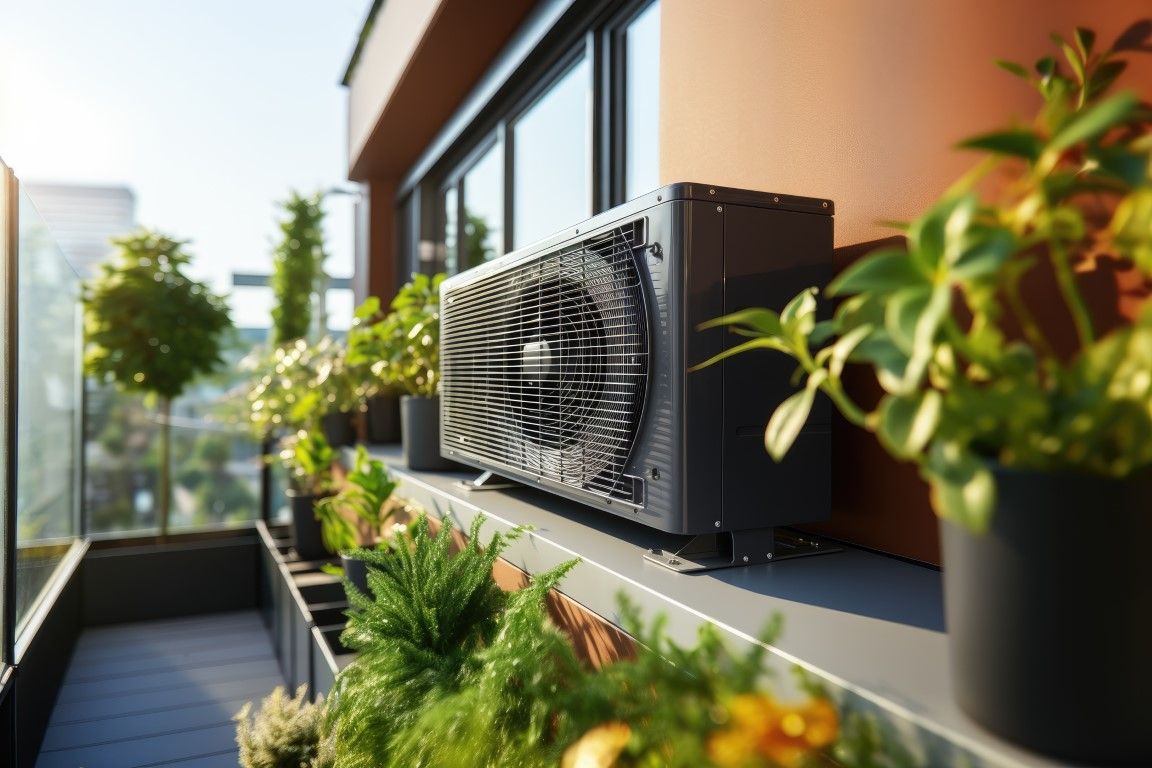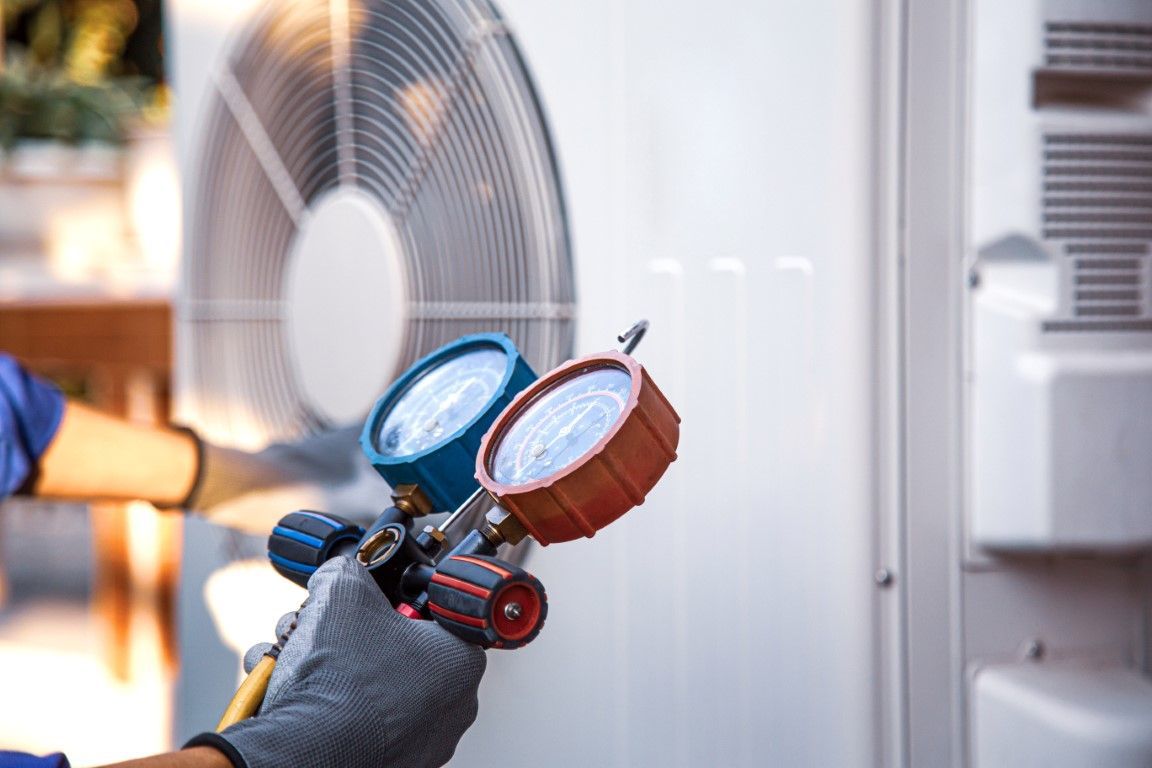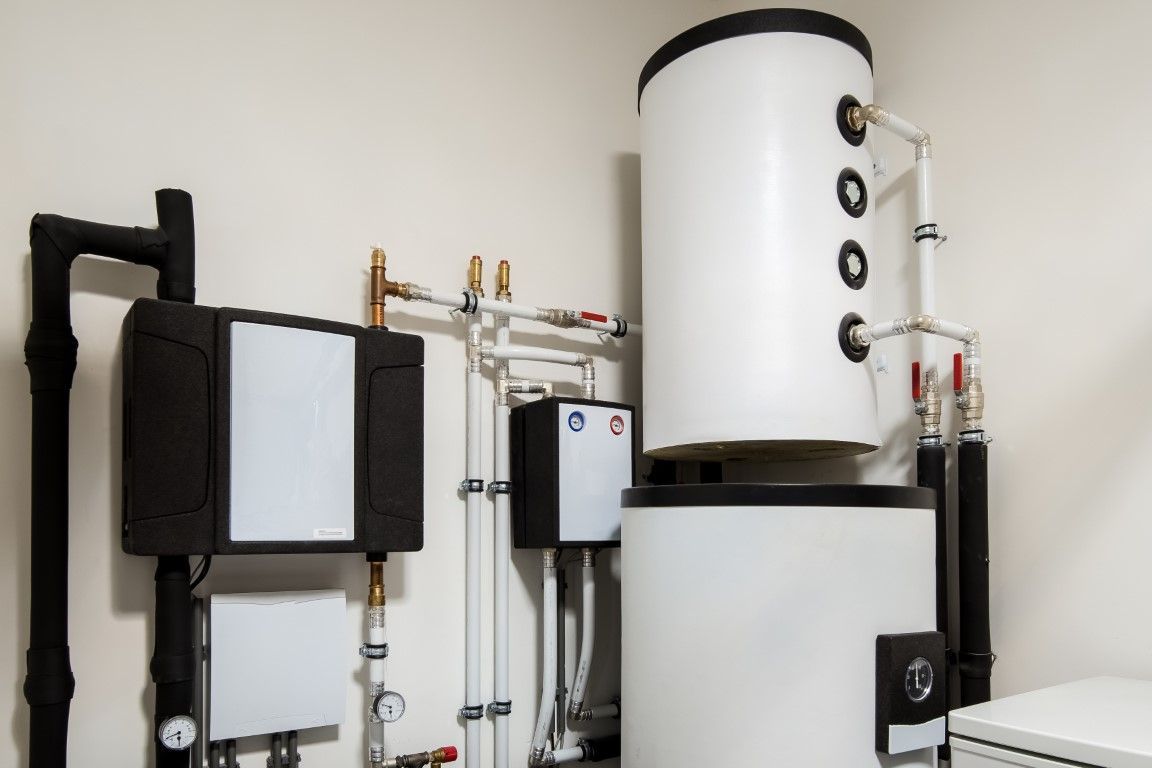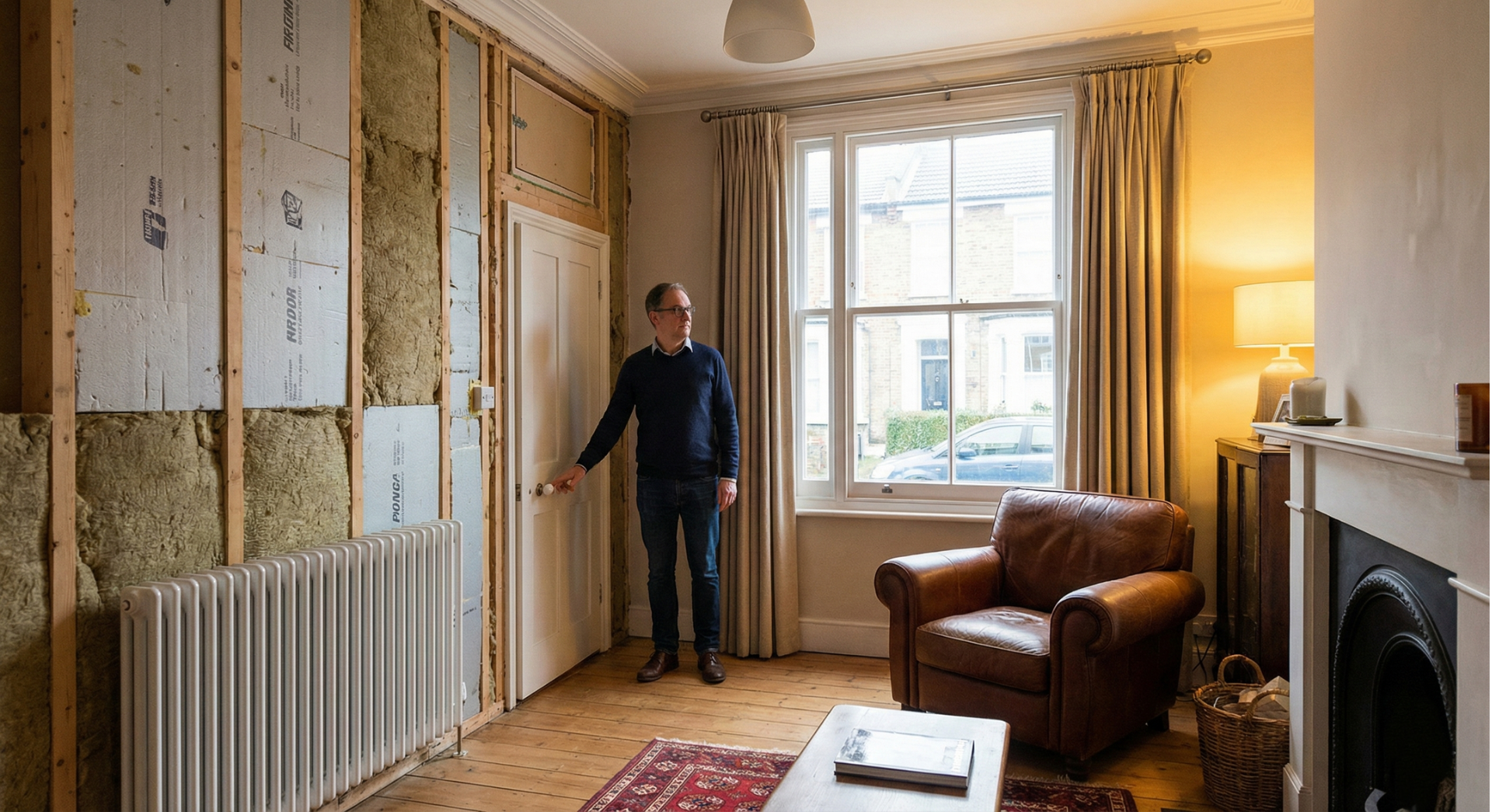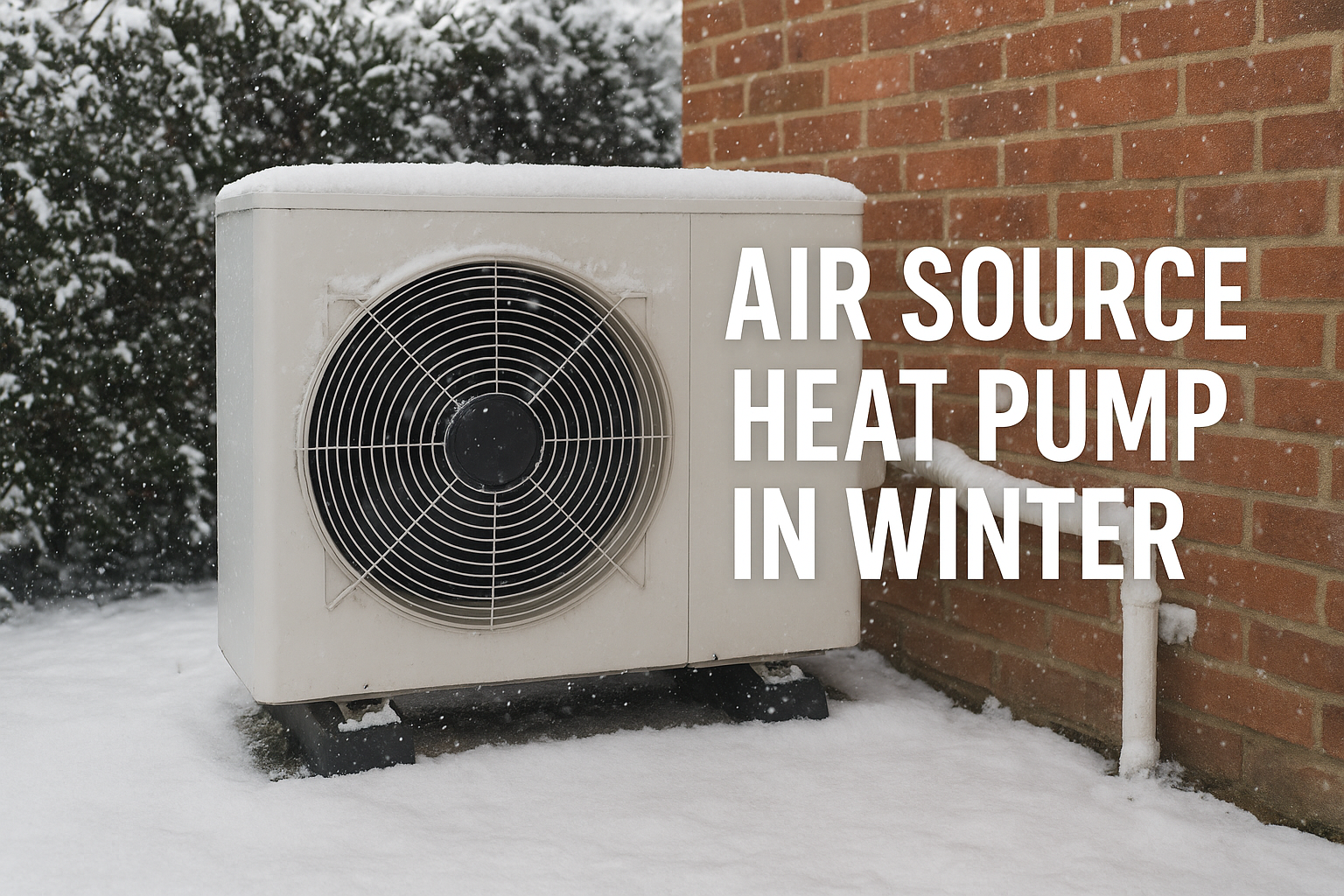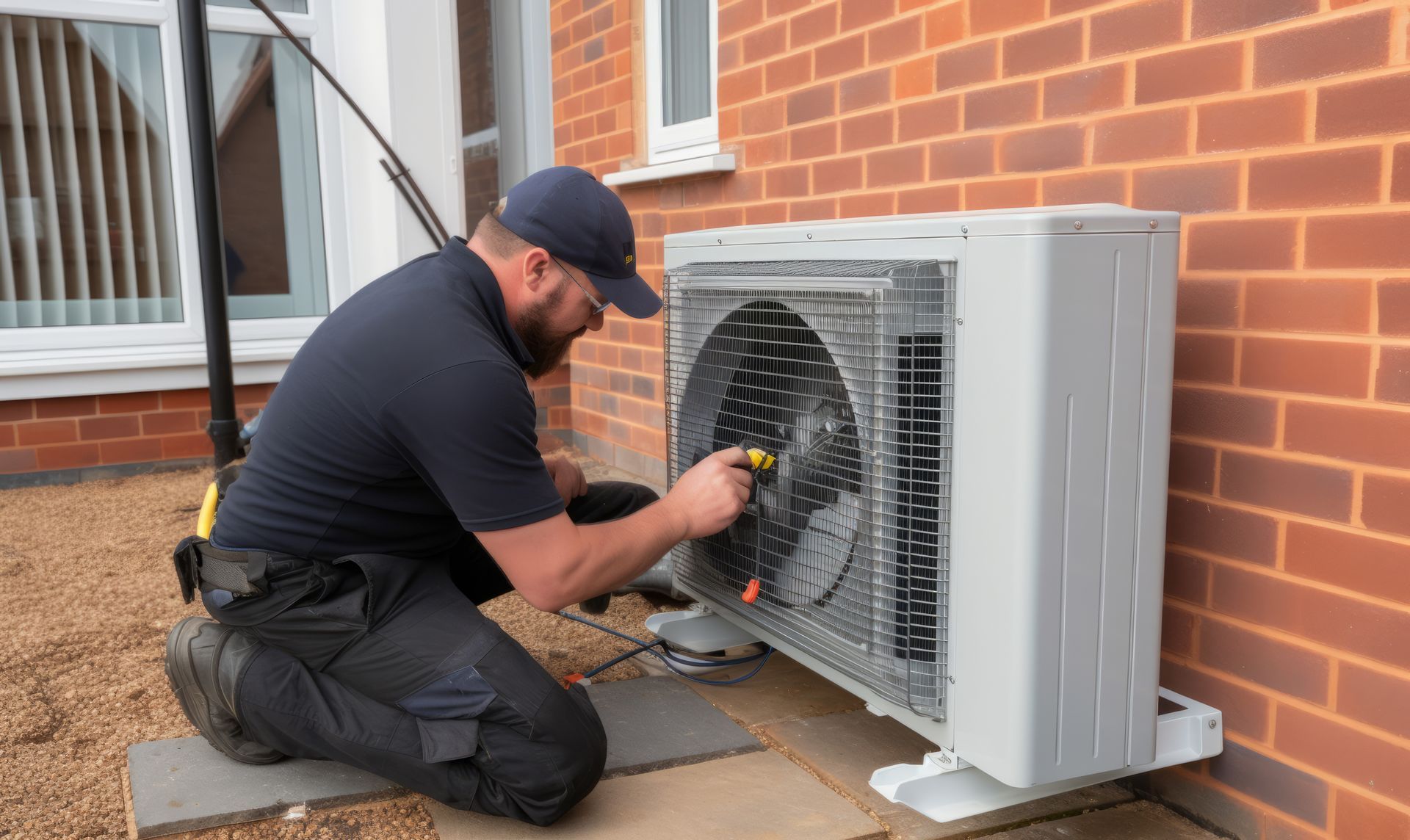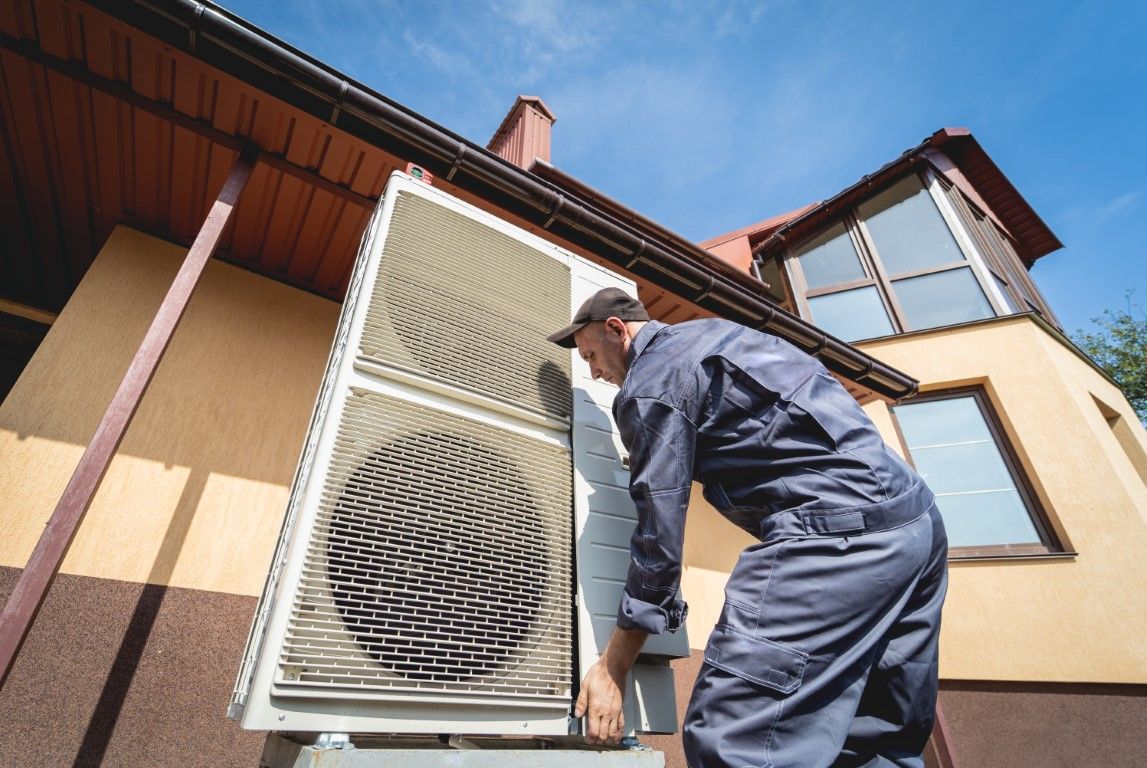Can Smart Thermostats Work with Heat Pumps? Here’s What You Need to Know
When most people think of smart thermostats, they imagine them paired with a gas boiler — turning the heating up from your phone or letting the system learn your daily routine. But what if you’ve switched to a more efficient system, like an air source heat pump (ASHP)?
Can the two work together?
The short answer is yes — and when they do, you get the perfect mix of comfort, control, and energy savings.
Smarter Heating for Modern Homes
Air source heat pumps are quickly becoming a favourite across the UK for their low running costs and eco-friendly operation. Instead of burning gas, they use electricity to extract warmth from the outside air — even on chilly days.
The difference is that heat pumps work best when they run steadily at lower temperatures, rather than firing on and off like a boiler. That’s exactly where a smart thermostat comes in.
A smart thermostat doesn’t just turn your heating on or off — it learns how your home behaves and adjusts automatically to keep things comfortable without wasting energy.
How Smart Thermostats Improve Heat Pump Performance
Consistent Comfort
Smart thermostats maintain a gentle, even warmth. That means your heat pump doesn’t need to keep stopping and starting, which improves efficiency and extends its lifespan.
Room-by-Room Control
Some systems let you create heating zones around your home. So you can warm the living area during the day and just the bedrooms at night — perfect for saving money while staying cosy.
Control from Anywhere
Whether you’re at work or away for the weekend, you can manage your heating right from your smartphone. No more coming home to a cold house or heating an empty one.
Adapts to the Weather
Certain smart thermostats use local weather data to adjust heating before the temperature drops. You stay comfortable, and your heat pump doesn’t have to work harder than it needs to.
Track Your Energy Use
Many models offer handy reports showing when and how you use heating. You can spot patterns and find even more ways to save energy.
Are All Smart Thermostats Compatible with Heat Pumps?
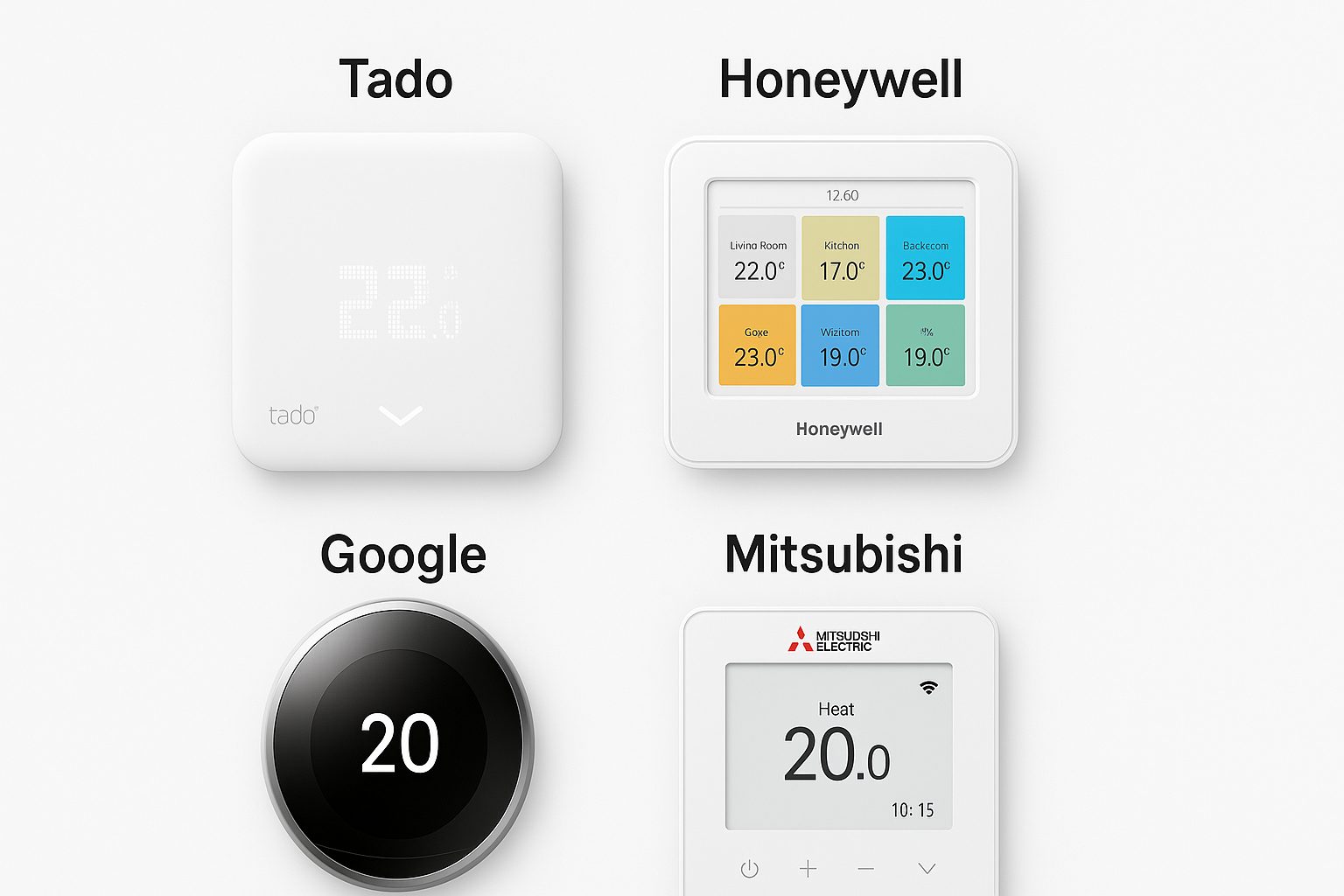
Why It’s Worth Adding a Smart Thermostat
- Lower energy bills
- More consistent warmth
- Full control from your phone
- Insights into your energy use
- Future-proof heating that adapts to your lifestyle
If you already have an air source heat pump — or you’re thinking of making the switch — pairing it with a smart thermostat is one of the simplest ways to boost performance and comfort.
At Darlington Heat Pumps, we help homeowners across the North East get the most from their renewable heating systems. From choosing the right ASHP to setting it up with smart controls, we’ll make sure your home runs efficiently all year round.
Ready to make your home smarter?
Get in touch with Darlington Heat Pumps today for expert advice on air source heat pumps, smart thermostats, and energy-saving solutions built for the future.
